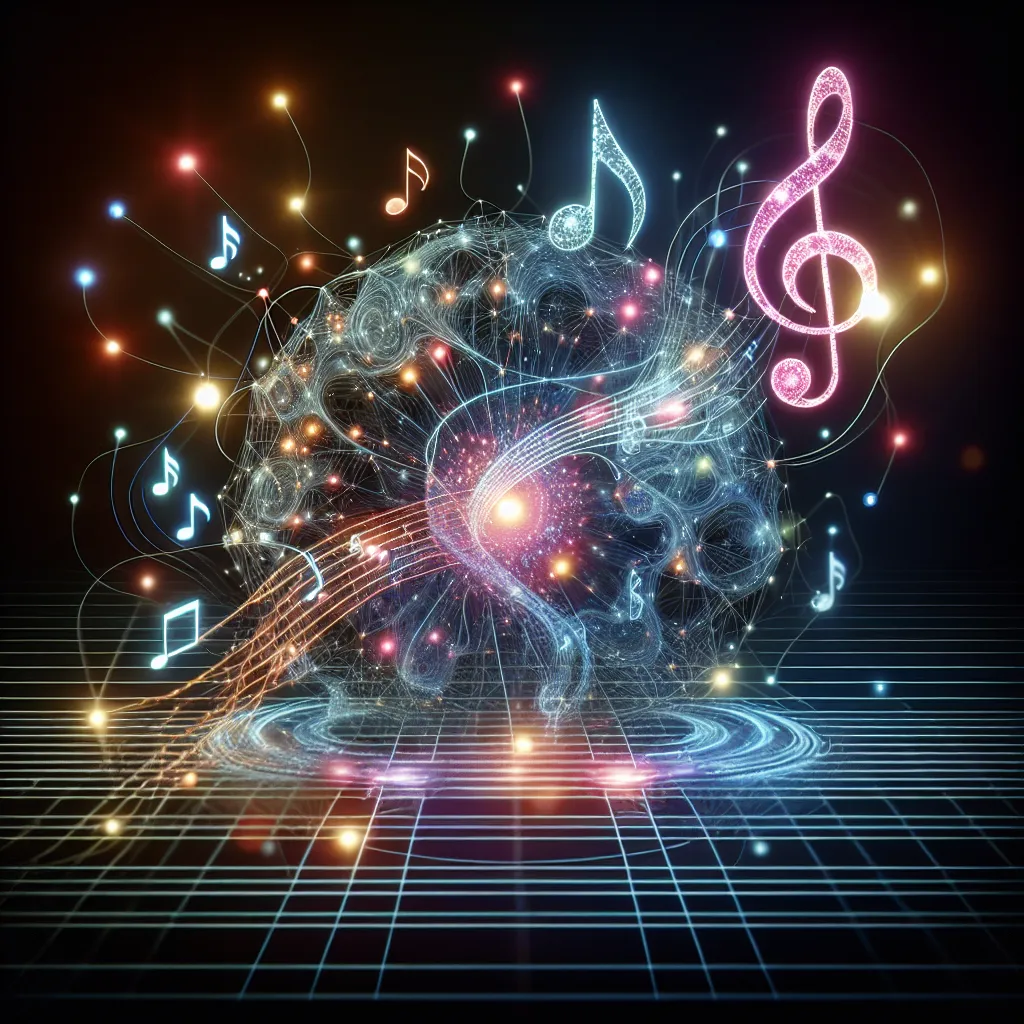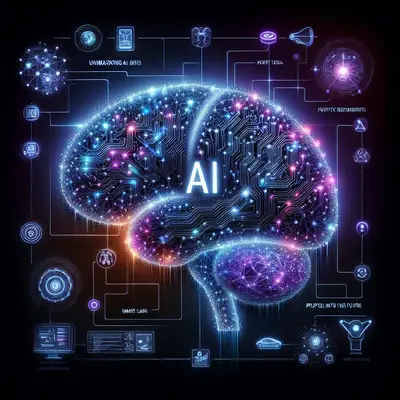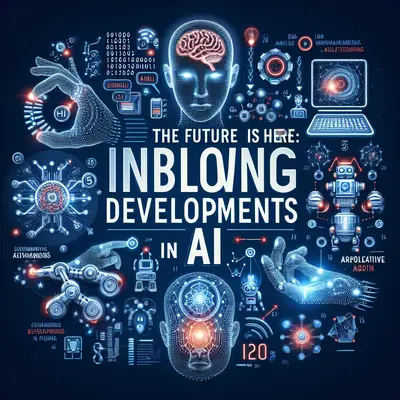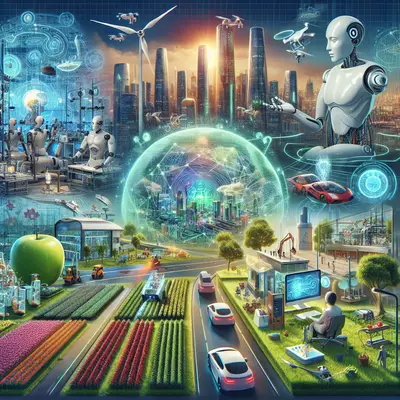Music has always been a universal language that transcends borders and cultures. But have you ever wondered how technology, particularly artificial intelligence (AI), is influencing our musical experiences? Hold onto your headphones as we dive into the unknown and explore five fascinating ways AI is remixing your music experience.
AI as Music Composers
Perhaps one of the most mind-boggling uses of AI in music is its ability to compose tunes. Algorithms are now capable of analyzing patterns in music, learning from them, and composing original pieces. Companies like OpenAI's MuseNet and Jukin Media are already making waves in the AI music composition space, creating everything from catchy pop tunes to classical symphonies.
Personalized Music Recommendations
If you've ever wondered how Spotify always seems to know what song you're in the mood for, the answer lies in AI. The platform uses machine learning to analyze your listening habits, preferences, and even the time of day to curate the perfect playlist. It's like having a personal DJ who knows your taste in music better than you do!
AI in Music Production
AI is not just composing music; it's also helping produce it. Landr, an AI-driven music mastering service, analyzes your track and applies enhancements like equalization and compression. It allows independent artists to achieve professional sound quality without breaking the bank on expensive studio time or equipment.
Real-Time Music Mixing
Imagine attending a live concert where the music is mixed and optimized in real-time based on the acoustics of the venue and the crowd's reaction. This is now possible thanks to AI. Companies like Peex are developing wearable tech that allows concert-goers to customize their audio experience during live performances, enhancing their immersion and enjoyment.
AI-Powered Music Learning
For those of us who are more hands-on, AI is revolutionizing the way we learn to play musical instruments. Apps like Yousician use AI to provide real-time feedback as you play, making learning an instrument more interactive and efficient than traditional methods.
Conclusion
From composing music to personalizing experiences, AI is reshaping the way we create, listen to, and interact with music. As AI technology continues to evolve, who knows what exciting new harmonies and rhythms it will introduce to our lives? One thing's for sure: the future of music is looking more melodious than ever thanks to AI.



